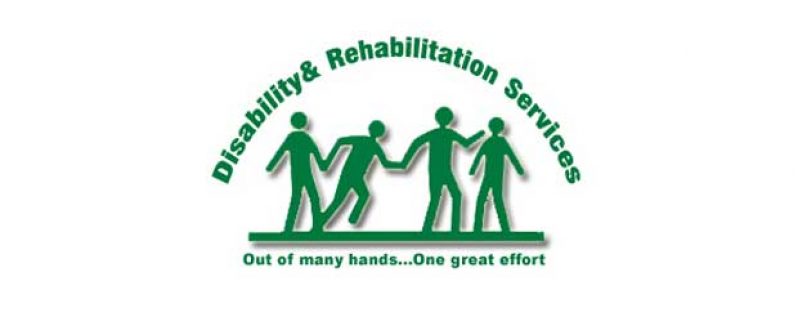Occupational therapy (OT) helps people engage in activities that they need or want to do in their daily lives. These activities, or occupations, bring pleasure or a sense of purpose to one’s life, and thus are vital to personal well-being. Occupations – like eating, bathing, working, or socializing – can be impaired by stroke, physical trauma, or mental illness, for example. Similarly, children with learning disabilities, cerebral palsy, or autism, may need assistance in school or developing skills for play and self-care. OT helps people of all ages surmount disabilities by first working to identify areas in daily life where the individual has trouble and then tailoring the intervention plan to meet their needs and environment. OT interventions may help enhance skills or regain strength to perform occupations, or modify environments or activities to support participation and performance.
Occupational Therapy and Stroke
• Prevent a stroke by increasing exercise and eating a diet low in salt, sugar and fat. Reduce cigarette and alcohol use and monitor blood pressure.
• Know the warning signs which include: sudden numbness of the face, arm or leg; trouble speaking or understanding; vision problems; dizziness or loss of balance; severe headache with unknown cause.
Tips for People Affected by Stroke
1. Increase strength and endurance by staying active and practicing patience – Engage in gentle exercise or stretching daily. Try to do things independently and involve your affected side, even if the activity takes longer or materials need to be adapted. For example, build up handles by wrapping them in foam, cardboard, or a sponge to make them easier to grasp. Talk with other stroke survivors for support.
2. Reduce fatigue – When sleeping on your unaffected side, place a pillow between your knees and the affected arm out in front supported by pillows. Conserve your energy by breaking activities into steps and taking breaks in between those steps.
3. Medication management – List all medications or carry them in one bag and bring this to medical appointments. Include non-prescribed drugs or herbal remedies so that your doctor is informed. Set up reminders to manage medications.
4. Prevent falls– Remove rugs and clutter. Leave a light on and cane or walker near the bed at night. Wear sturdy, nonslip footwear, even when getting up to use the washroom. Installing grab bars or
5. Adapt to changes in memory and concentration – Make checklists for activities. Put things away in the same spot to make them easier to find. Perform challenging activities where there are fewer distractions to your vision or your hearing.
By Peace Corps Response Volunteer, Kera Murphy, Occupational Therapist
REHAB WEEK 2014 – “Reaching new heights through integration and partnership with education and social sectors”



.jpg)








